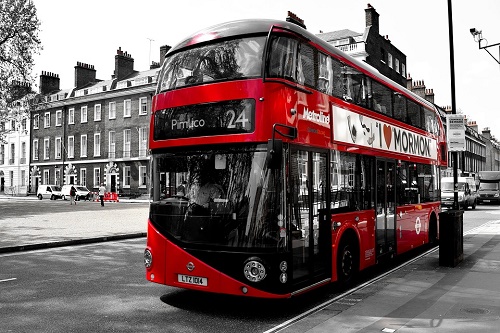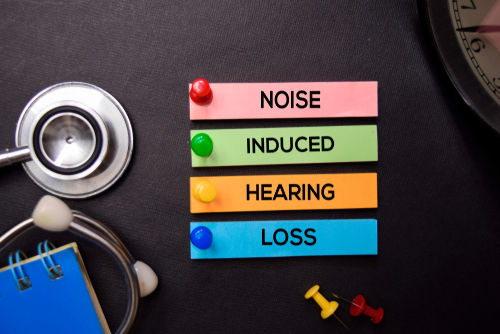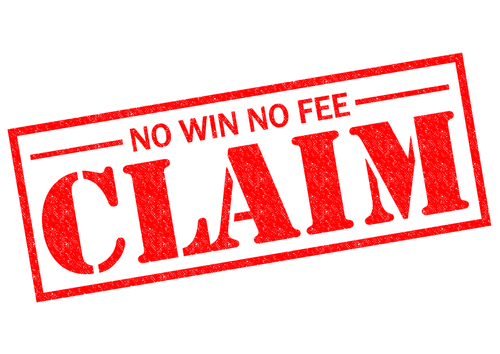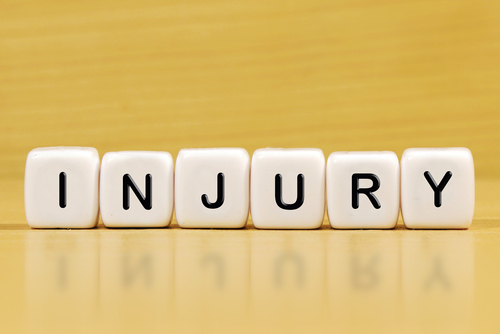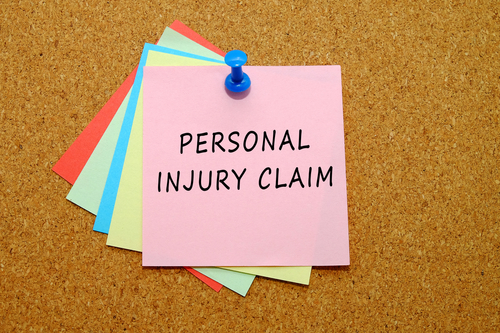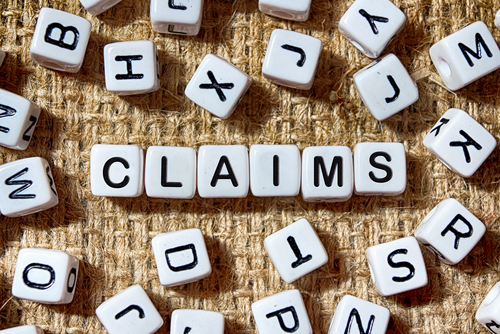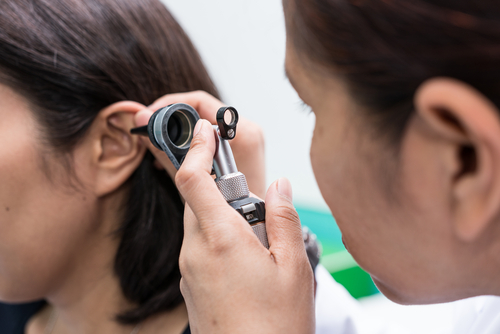Many assume that accidents at work only consist of defective machinery and hazardous surfaces, such as wet floors. However, a great number of people suffer injury at work due to falling objects striking them. Accidents do happen, but an employer is responsible for ensuring that staff members are protected against injuries that occur due to falling objects, as per The Work at Height Regulations 2005. If an employer has failed to safeguard its work force by not ensuring that the correct procedures are in place, then it has failed to adhere to the aforementioned regulations, which could have serious ramifications for its staff members.
What Counts as a Falling Object
A falling object is where you have been struck by an object in work, regardless of your environment. Examples include unsafe buildings which may require maintenance dropping debris onto workers. A further example is where tools have not been stored correctly, and as a result the tool has fallen, causing a serious injury to the person beneath.
I’m Worried about Making a Claim against My Employer
It’s completely understandable to be worried when making a claim against your employer. Many people worry about the assumed ramifications that may occur when making a claim. However, you should consider how you are going to pay for bills moving forwards. If your accident has you house bound for a number of weeks, you could see your income diminish. In this regard, you need to ensure that you are financially secure, so you can focus on recovering. A further benefit of making a claim is that the employer will be required to rectify any defects. This will ensure that the workplace remains safe for you and your colleagues moving forwards.
What Kind of Injuries Can Be Caused By Falling Objects?
As expected, a falling object at work can cause a number of a different injuries. These can include head injuries, back injuries and facial injuries. The severity of injuries can differ, but the most serious of injuries can see some individuals out of work for a vast period of time and even incur costs that they weren’t incurring before the accident occurred.
How Can Nigel Askew Help?
As a solicitor with over 15 years of experience in personal injury claims, Nigel Askew has dealt with a vast number of claims for clients based in Lincolnshire, many of which have included claims for injuries caused by falling objects. Accident claims at work can be difficult to succeed in and the U.K. Government has made it even harder by a change in the law so that now an employer’s insurer will not be liable to pay compensation due to a breach of one of the health and safety regulations alone. It is now also necessary to prove your employer was negligent. You need someone capable of winning your case for you and not dropping it when the going gets tough.
I am a Louth and Grimsby personal injury solicitor with over 15 years’ experience in the field and an in-depth knowledge of the regulations and guidelines relevant to accident at work settlements. This puts me in a perfect position to handle your claim. Your best interests will always be my priority so if you are in Louth or Grimsby contact me today on 01507 609027 or online for a free, no obligation consultation. I deal with cases on a no-win, no-fee basis. There are no hidden charges. I will come and see you at whatever time and wherever suits you. I visit clients personally throughout Louth and Grimsby.


